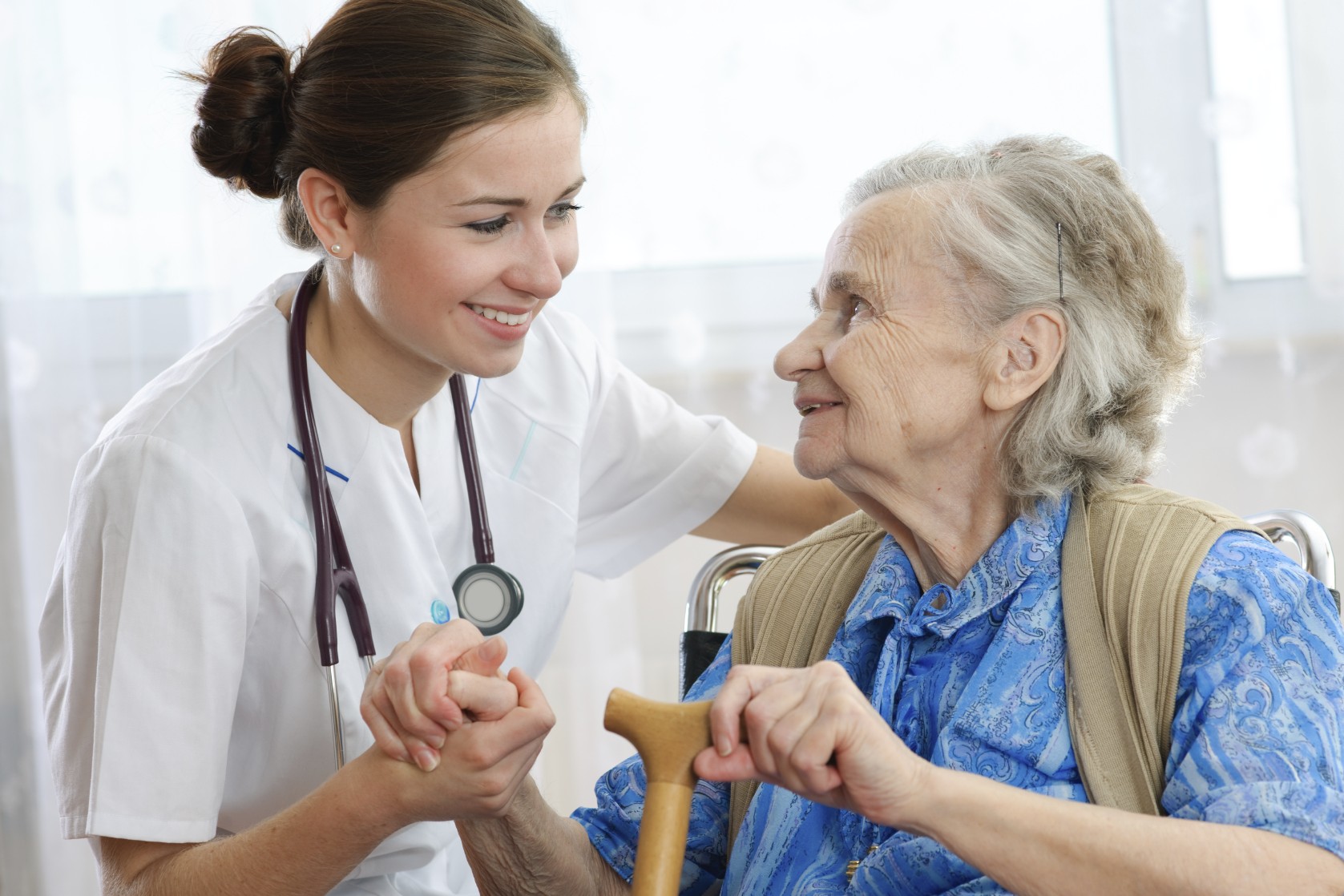Obesity is a very common problem in people of any age. It occurs not only against the background of improper and excessive nutrition, but also as a consequence of diseases associated with hormonal disorders.
Obesity can be caused not only by health problems, but also by their cause. For example, severe excess body weight contributes to the development of urinary incontinence. If all this also happens against the background of diabetes mellitus, then the symptoms of incontinence may increase. Timely referral to a specialist, control and correction of the diet and biochemical parameters of the blood and compliance with other doctor’s recommendations for the treatment of obesity and diabetes in many cases can reduce the manifestation of incontinence or completely get rid of it.
Obesity causes excessive pressure on the bladder. If constipation often occurs against the background of food transgressions, the manifestations of incontinence may worsen. With overweight, a type of incontinence is more common, when urine leaks when coughing, sneezing, laughing, lifting weights, and in more severe cases, even for no apparent reason. Many patients with obesity and diabetes mellitus also note other unpleasant symptoms associated with urination: a feeling of fullness of the bladder, pain and burning sensation when it is empty.
If obesity is combined with diabetes mellitus, then another mechanism for the development of incontinence is added. An increase in the concentration of glucose in the blood provokes damage to cells and tissues. With prolonged preservation of elevated glucose levels, damage to the nerve trunks responsible for the regulation of the bladder develops. The longer the duration of the disease, the greater the risk of incontinence and the more difficult the problem is to treat.
The tendency to infectious and inflammatory diseases of the urinary system against the background of impaired immune defense mechanisms is another complication of diabetes mellitus. Inflammation of the bladder, ureters, urethra or kidneys can even be provoked by microbes that constantly live in the body and do not cause problems in a healthy person (we are talking about the so-called opportunistic microorganisms).
In the presence of infection and inflammation, incontinence is usually reversible and completely resolves or diminishes with antimicrobial therapy. It is important to follow all the recommendations of the attending physician to completely eliminate the cause of the inflammation.
What should be examined for incontinence and overweight?
First of all, the doctor may advise:
• blood tests (general and biochemical) and urinalysis to determine possible causes of incontinence and assess the level of glucose and cholesterol derivatives in the blood;
• ultrasound of the small pelvis to identify lesions of the genitourinary system;
• cystoscopy to assess the condition of the bladder.
People with obesity and diabetes mellitus need regular examination and monitoring by specialists to correct treatment and monitor results. The sooner treatment is started, the higher the chances of a good result.
How is obesity and diabetes incontinence treated?
Drug therapy
Medication for obesity and diabetes incontinence is usually directed at the cause of it by using drugs to reduce weight and blood glucose levels. After a detailed examination, the doctor draws up a treatment plan, selects the necessary drugs and their dosage. Medicines for normalizing glucose levels can only be advised and selected by a doctor, taking into account all examination data, the person’s age, the severity of the disease and other factors. Unauthorized changes in the doctor’s recommendations by the type of drug or its dosage in people with diabetes can lead to dangerous complications (diabetic coma).
If the cause of incontinence is an infection, a course of a properly selected antibiotic in many cases leads to the complete elimination of the symptoms of incontinence after the inflammation stops. Additionally, herbal medicine, taking anti-inflammatory and analgesic drugs, as well as vitamin complexes and drugs that lower blood lipids can be prescribed.
Drug treatment for people with obesity and diabetes should be carried out under the supervision of an endocrinologist.
Lifestyle correction
It requires a transition to the correct diet, reducing the calorie content of the diet and the amount of food eaten. It will be easier to do this after consulting a dietitian, during which you will receive a set of recommendations specifically for your case. But if there is no way to visit a nutritionist, you can change your diet on your own.
In addition to nutrition, you need to pay attention to your physical activity and sleep patterns. It is recommended to sleep 7-8 hours a day and spend at least 20-40 minutes daily on a simple set of exercises or walking. In the presence of concomitant diseases (diabetes, hypertension, etc.), your individual daily load should be discussed with your doctor first.
Methods for Improving Urinary Control
The doctor may recommend procedures such as:
• physiotherapy;
• sets of exercises to strengthen the muscles of the perineum;
• injections of preparations based on botulinum toxin (botulinum therapy);
• surgical correction of urinary incontinence (installation of slings, valves).
But operations are carried out only in cases when it is impossible to reduce incontinence in another way and there are no contraindications for surgical treatment.
Selection and use of hygiene products
Even if the treatment of obesity and diabetes is carried out in full, the symptoms of urinary incontinence cannot disappear from the first day of therapy. This requires time and strict adherence to medical recommendations by the patient. To prevent urine leakage from becoming a source of discomfort, self-doubt and depression, special absorbent hygiene products can be used. They will help improve the quality of life and get rid of the forced restrictions on movement and social activity that arise due to urinary incontinence.
The iD LIGHT urological pads have all the features required for a comfortable and safe absorbent product. They well and quickly absorb large volumes of liquid, block unpleasant odors, securely attach and remain invisible under clothes. They will be the best choice for mild to moderate incontinence. If too much urine is released in a short period of time (4 hours), it will be more convenient to use the iD PANTS pant diapers , which absorb quickly, fit snugly to the body and do not restrict movement, have protection against leaks and prevent the spread of odors.
The rules for the successful use of absorbent products for urinary incontinence are very simple: regular replacement of the filled product and correct its size and absorbency.
With weight loss, symptoms of incontinence may diminish or disappear completely. In addition, getting rid of excess body weight is an effective prevention of diabetes and other serious chronic diseases, which could again lead to problems with urinary control in the future.


